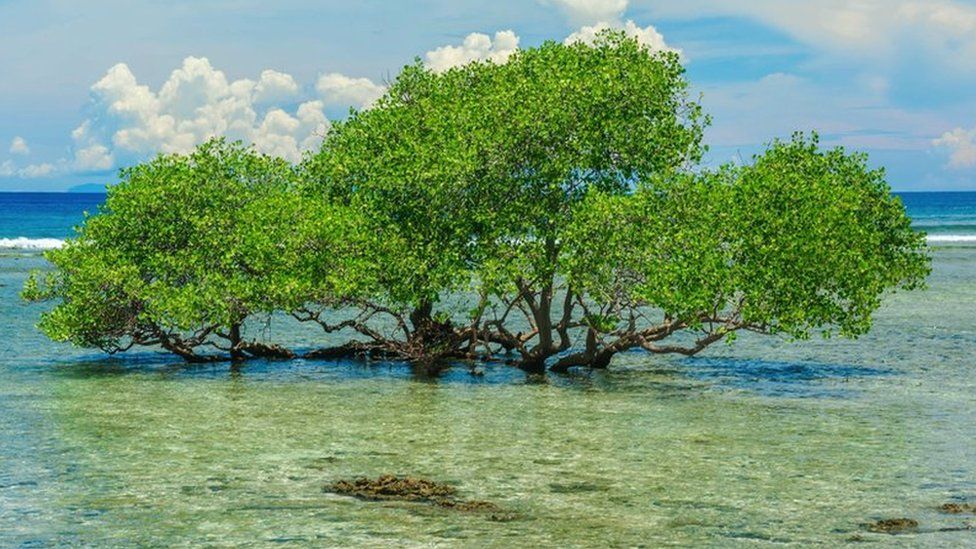This video can not be played
To play this video you need to enable JavaScript in your browser.
Hundreds of rescuers are racing to find 12 hikers still missing after a deadly volcano eruption in Indonesia.
The search on Sumatra’s Mount Marapi was halted on Monday due to safety concerns as there were continual eruptions.
Eleven hikers were killed after Marapi erupted over the weekend. Five of their bodies have been brought down.
The volcano spewed a 3km (9,800ft) ash cloud into the air, dimming the sky and blanketing surrounding villages in ash.
Most of the 75 hikers in the area during the eruption were evacuated.
About 200 more people were deployed to help with the search on Tuesday morning, even as officials warned that the volcano is still erupting.
Ahmad Rifandi, an official at Marapi’s monitoring station, told AFP that he observed five eruptions from midnight till 08:00 local time (01:00 GMT) on Tuesday.
“Marapi is still very much active. We can’t see the height of the column because it’s covered by the cloud,” he told the news agency.
Mount Marapi, which means “Mountain of Fire”, is among the most active of Indonesia’s 127 volcanoes and is also popular among hikers. Some trails reopened only last June due to ash eruptions from January to February. Marapi’s deadliest eruption occurred in 1979, when 60 people died.
Three people rescued near the crater on Monday, before the search was suspended, were “weak and had some burns”, said Abdul Malik, head of the Padang Search and Rescue Agency.
Forty-nine climbers were evacuated from the area earlier in the day, many of whom also suffered burns.
Authorities have not disclosed the identities of the hikers yet.
Video footage of Sunday’s eruption showed a huge cloud of volcanic ash spread widely across the sky, and cars and roads covered with ash.
Rescue workers took turns carrying the dead and the injured down the mountain’s arduous terrain and onto waiting ambulances with blaring sirens.
“Some suffered from burns because it was very hot, and they have been taken to the hospital,” said Rudy Rinaldi, head of the West Sumatra Disaster Mitigation Agency.
This video can not be played
To play this video you need to enable JavaScript in your browser.

One of the hikers, Zhafirah Zahrim Febrina, appealed to her mother for help in a video message from the volcano. The 19-year-old student, whose nickname is Ife, appeared shocked, her face burnt and her hair matted with thick grey ash.
“Mom, help Ife. This is Ife’s situation right now,” she said.
She was on a hiking trip in Marapi with 18 school friends and is now in hospital receiving treatment.
Her mother, Rani Radelani, told AFP that her daughter underwent “tremendous trauma”.
“She is affected psychologically because she saw her burns, and she also had to endure the pain all night,” she said.
Another hiker moaned in pain and said “God is great” as a rescuer carried her on their back, AFP reported.
Marapi is located on Sumatra, the westernmost and third largest of Indonesia’s 18,000 islands. It stands 2,891m (9,485ft) high.
The Indonesian archipelago sits on the so-called Pacific Ring of Fire, where the meeting of continental plates causes high volcanic and seismic activity.
Additional reporting by Hanna Samosir in Jakarta

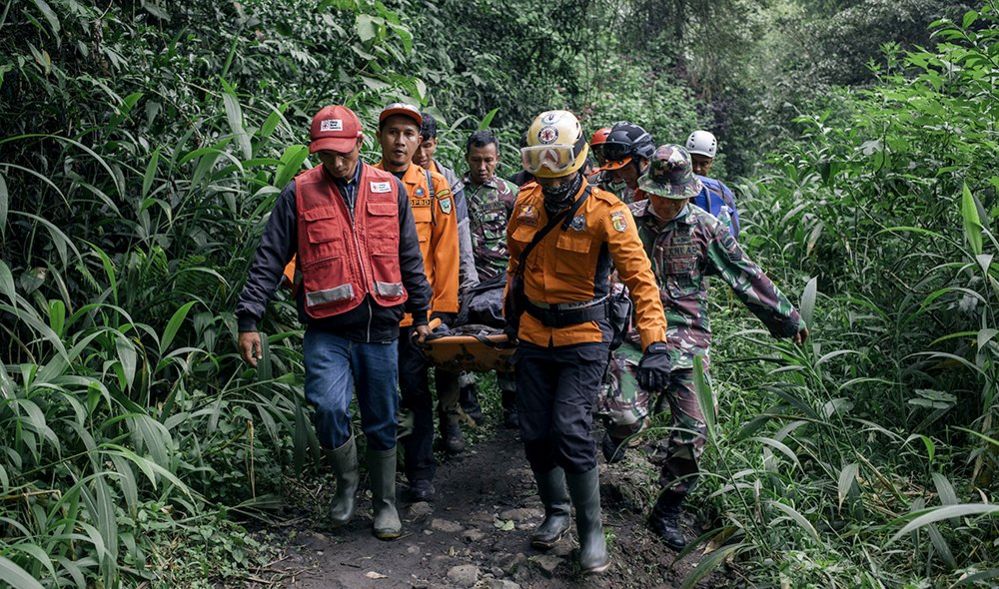
Sumatra’s Marapi volcano – a dangerous climb
By Frank Gardner
Sumatra’s “Gunung Marapi” volcano was deserted when we climbed it as teenage students in the 1980s. Foolishly, a university friend and I declined the offer of a guide from the village at the base of the slope and trekked up alone by a narrow path through the jungle.
The leeches soon found us, crawling into our socks and up our legs. We emerged at around 2,500m to find a world of blackened, twisted trees, scorched by a recent eruption. Clouds of sulphurous gases swirled around the crater and fissures opened up in the rock just metres away, revealing molten rock below.
Only then did we realise just how dangerous this volcano was – but by now it was getting dark, a freezing rain was falling and we couldn’t locate the path back down through the jungle, leaving us thrashing through foliage for hours. We sorely regretted not bringing a guide.
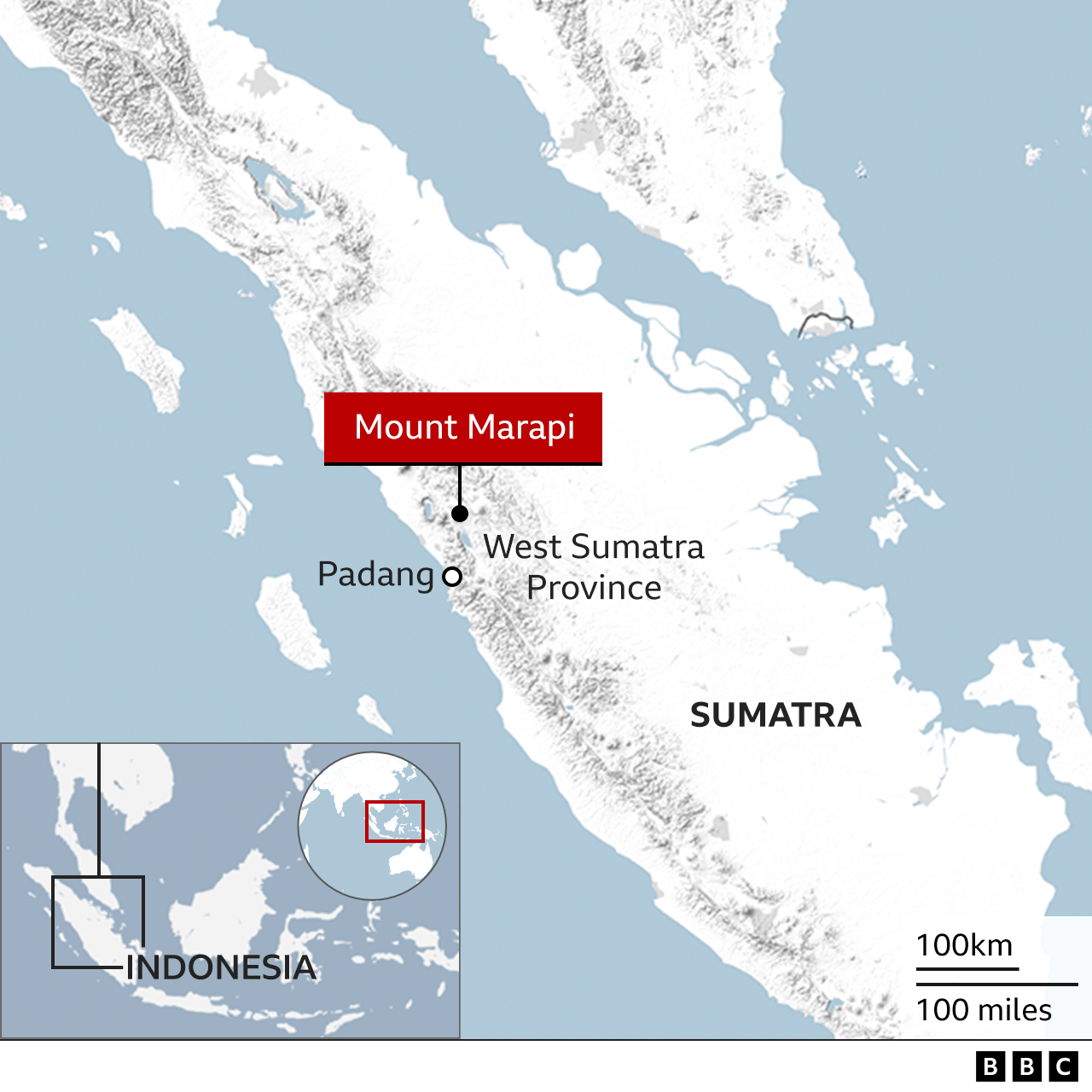

Are you personally affected by this story? Share your experiences by emailing [email protected].
Please include a contact number if you are willing to speak to a BBC journalist. You can also get in touch in the following ways:
- WhatsApp: +44 7756 165803
- Tweet: @BBC_HaveYourSay
- Upload pictures or video
- Please read our terms & conditions and privacy policy
If you are reading this page and can’t see the form you will need to visit the mobile version of the BBC website to submit your question or comment or you can email us at [email protected]. Please include your name, age and location with any submission.
-
-
4 December 2022
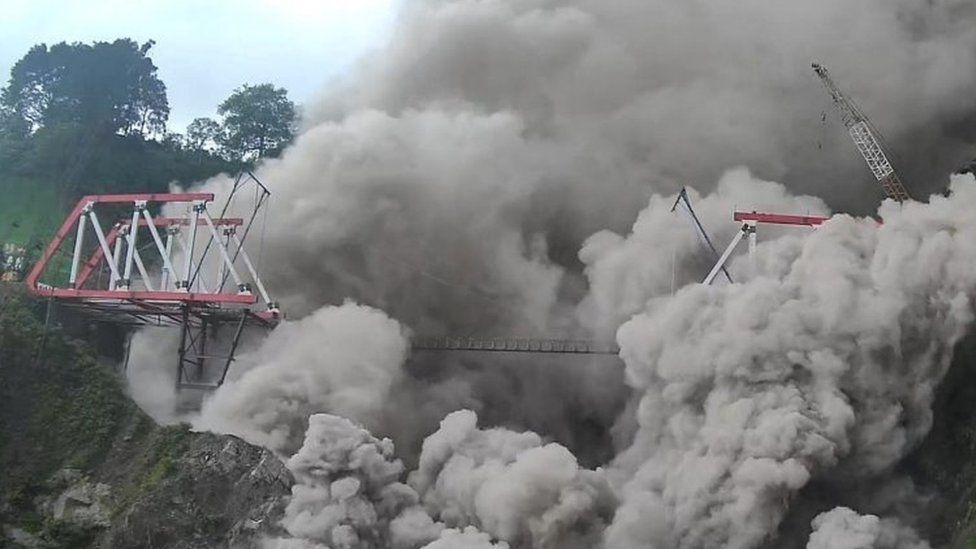
-
-
-
21 October
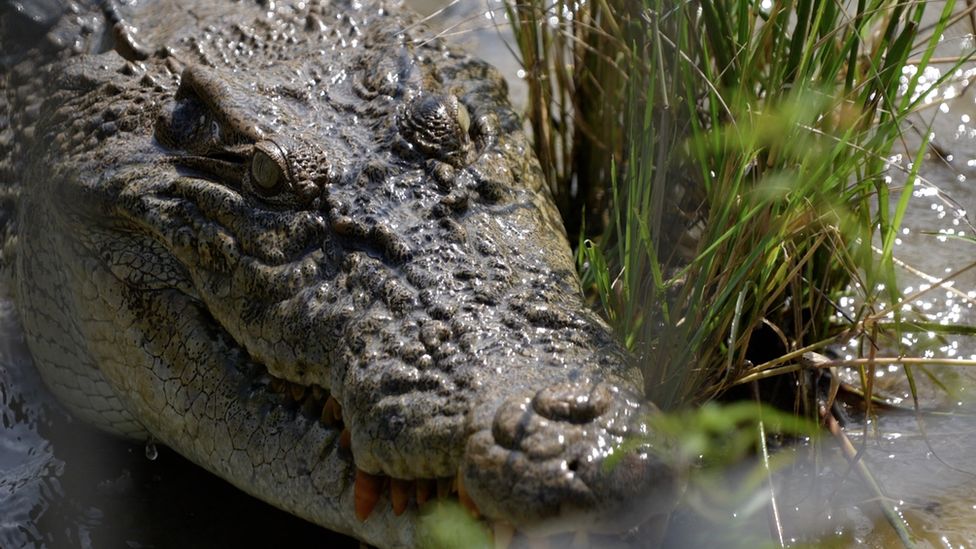
-

